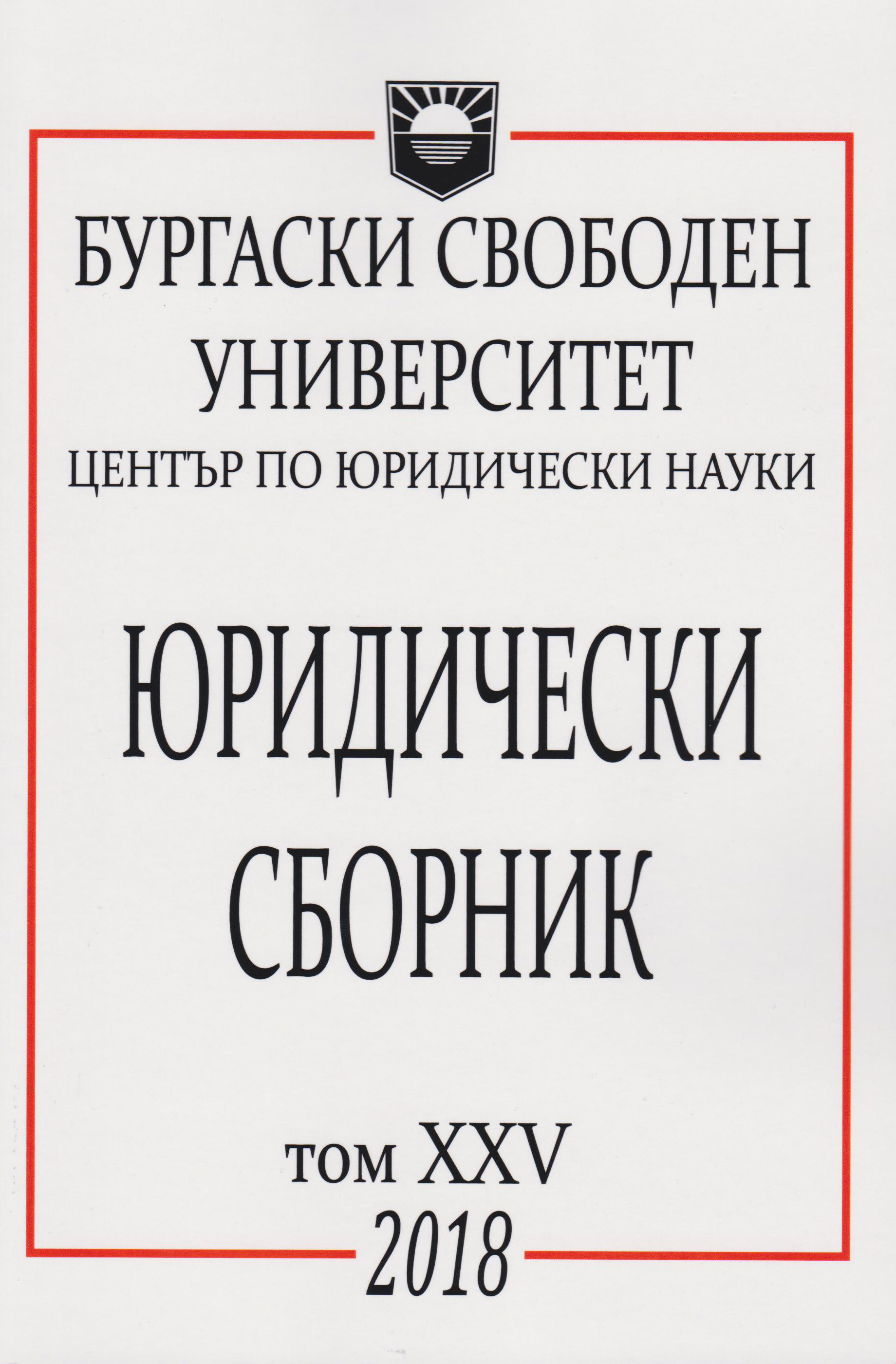РАЗВИТИЕТО НА ПРАВИЛОТО ЗА ЧИСТО ВЪТРЕШНО ПОЛОЖЕНИЕ В СЪДЕБНАТА ПРАКТИКА НА СЪДА ОТНОСНО ОСНОВНИТЕ СВОБОДИ НА ИКОНОМИКАТА В СВЕТЛИНАТА НА ДЕЛОТО ULLENS DE SCHOOTEN
DEVELOPMENT OF THE RULE OF A CLEAN DOMESTIC POSITION IN THE JUDICIAL JURISDICTION OF THE COURT CONCERNING THE FUNDAMENTAL FREEDOMS OF THE ECONOMY IN THE CASE OF ULLENS DE SCHOOTEN
Author(s): Stefcho Bankov, Violeta ValchevaSubject(s): Law, Constitution, Jurisprudence, Criminal Law, Human Rights and Humanitarian Law
Published by: Бургаски свободен университет
Keywords: purely internal situation rule; market freedoms; the linking factor test; preliminary reference rulings; internal cases.
Summary/Abstract: In its recent jurisprudence the CJEU has changed its approach towards the purely internal situation rule applicable in the context of the market freedoms. From the 1990s onwards the Court has showed a greater leniency in accepting that certain cases fall within the scope of Union law, as compared to in the years before. This has been done in various ways, depending on the specific fundamental freedom at stake in the case, but always resulted in a relaxing of the fulfilment of the test used for determining whether a case falls within the scope of a market freedom – the linking factor test. More specifically, nowadays the Court seems to be accepting that hypothetical future scenarios are sufficient to bring a case within the scope of EU law even though the underlying facts of the case do not satisfy the test, or even to rule in cases which clearly do not fulfil some of the conditions of the test. The overall change of approach towards the purely internal rule can also be seen in an issue of jurisdiction, and not scope, which is still however relevant. This is the fact that the Court has begun issuing preliminary reference rulings in purely internal cases whereby the question referred is in reality hypothetical. It will be claimed that the CJEU does so without requiring sufficient proof by the domestic court that an EU law interpretation is required.
Journal: Юридически сборник
- Issue Year: XXV/2018
- Issue No: 1
- Page Range: 153-165
- Page Count: 13
- Language: Bulgarian

